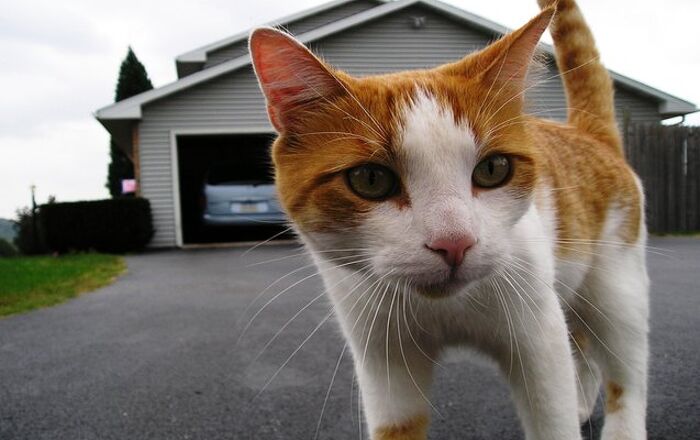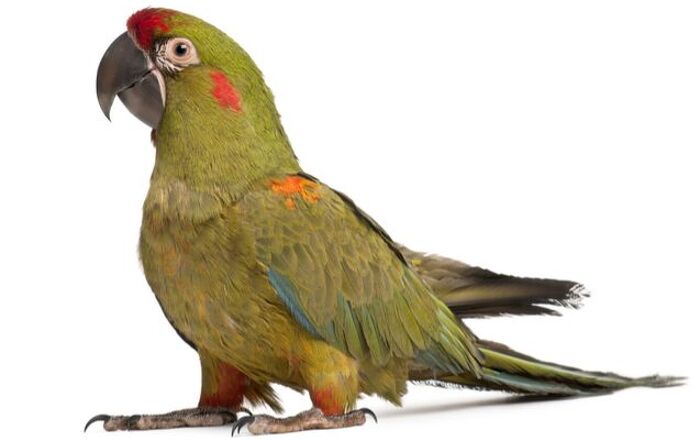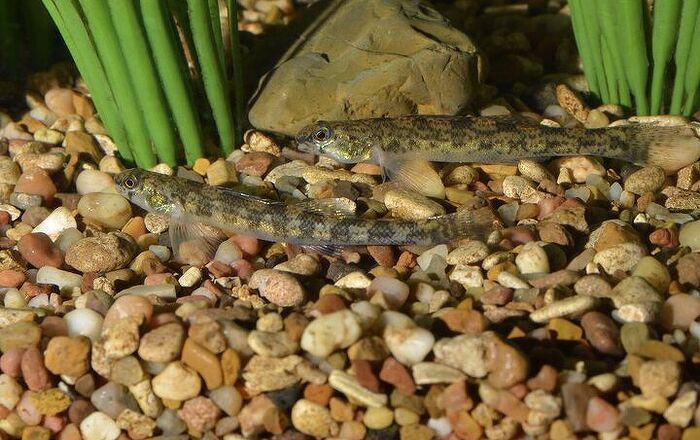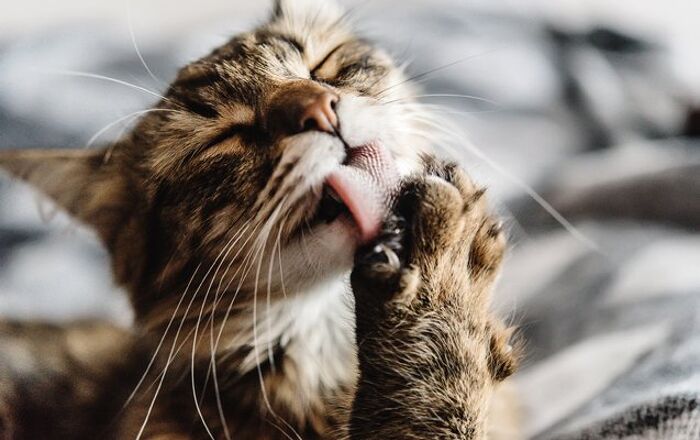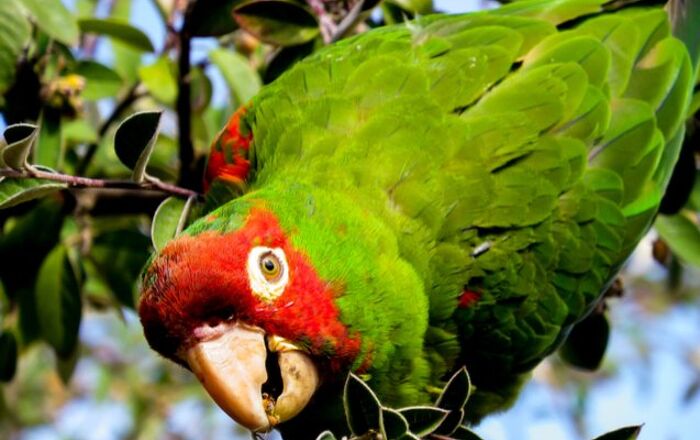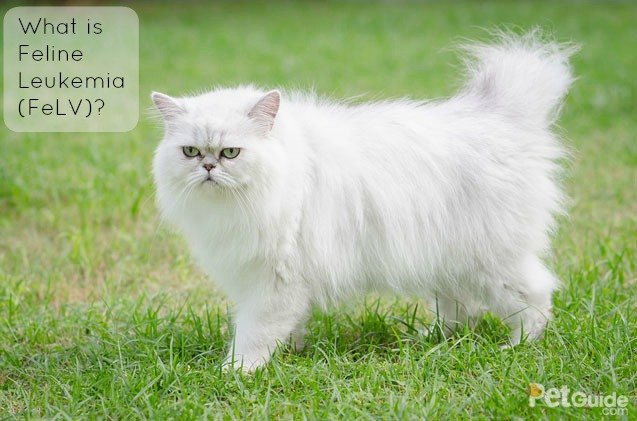
Are you worried about feline leukemia and how it can affect your cat? Here’s what pet parents need to know about the deadly virus.
Feline leukemia virus, or FeLV, is a retrovirus that affects felines all over the world. This cat disease is only second to trauma as the leading cause of death amongst felines, and it will kill roughly 85 percent of infected cats within three years.
Similar to FIV, Feline leukemia causes a suppression of the immune system, so it can predispose a cat to other infections that can be deadly. But there is some good news: roughly 70 percent of felines that encounter FeLV will be able to resist it or eliminate it on their own.
Let’s talk more about this virus, as well as steps you can take to help prevent infections.
Related:
Top 5 Reasons To Raise An Indoor Cat
Transmission of Feline Leukemia
Cats who are infected with FeLV will shed the virus through their nasal secretions and saliva, as well as in their feces, urine, and blood. Mother cats can also pass the virus to their kittens before birth or through their milk.
The virus can be transferred from one cat to another through bite wounds and grooming. Sharing litter boxes and food and water bowls can be another mode of transmission.
Once outside a cat’s body, though, the virus will only last a few hours under normal conditions, so it doesn’t last long in the environment.
Related:
What Is FIV In Cats?
Symptoms of Feline Leukemia
According to Cornell University College of Veterinary Medicine, FeLV is “the most common cause of cancer in cats.” Infection can also negatively affect your pet’s body in myriad other ways, including creating an immune deficient state that makes your cat susceptible to a host of other infections. The virus can also lead to blood disorders.
A cat may not exhibit any symptoms in the early stages, but within weeks, months, or years, the animal’s health could deteriorate progressively or he may have recurring illnesses in between periods of health.
During the primary, or early, stage of infection, some felines may have an effective immune response. These cats may be able to eliminate FeLV from their blood, thereby halting its progression.
The secondary, or later, stage causes persistent infection of tissue and bone marrow. This is the point of no return, when the majority of felines with the virus will be infected for the rest of their lives.
Some of the symptoms associated with Feline Leukemia include:
Treatments of Feline Leukemia
Regular checkups (twice a year) and preventive health care may help FeLV-positive cats feel well and prevent secondary infections, but 85 percent of felines who are persistently infected with this virus will die from it, usually within three years of being diagnosed. Secondary infections are treated as they occur, but there’s no cure for FeLV.
Prevention of Feline Leukemia
It’s important to note that a cat may be infected even if he appears healthy. And if he’s infected, he may transfer the virus to another cat. Therefore, having your cat tested before introducing him to the rest of your feline family is one way to prevent transmission.
You should keep your cats indoors as much as possible to avoid them encountering other felines who may be infected with FeLV.
There is a FeLV vaccination, though you should discuss the pros and cons of vaccinating your cat with your vet, who knows your pet best and can steer you in the right direction. Bear in mind that not every cat who’s vaccinated will be protected against FeLV, so you should still take steps to prevent exposure.



